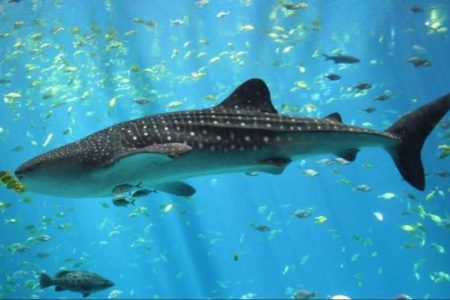Kochi: India is on the verge of adopting the National Plan of Action for Conservation and Management of Sharks (NPOA), following a joint meeting organized by the Department of Fisheries, the Central government, and the Bay of Bengal Programme Inter-Governmental Organisation (BOBP-IGO) on Monday. The collaborative gathering aimed to gather feedback from stakeholders, paving the way for the effective implementation of the NPOA.
The draft of the NPOA delineates key priorities for the comprehensive management and conservation of shark populations in Indian waters. Discussions during the meeting focused on critical areas such as legal frameworks, capacity building, data collection, scientific research, fishing regulation, biodiversity and ecological considerations, and regional cooperation.
The proposed plan includes provisions for enacting laws for waters between 12 and 200 nautical miles, implementing a logbook system, raising awareness among fishermen, encouraging adherence to gear regulations, and introducing measures to reduce bycatch, among other initiatives.
Neetu Kumari Prasad, Joint Secretary to the Department of Fisheries, emphasized the importance of developing the NPOA for the sustainability of the shark fishery. She mentioned extensive engagement with fisher associations, research bodies, and NGOs to create a comprehensive plan that will enhance India’s understanding of its shark population and the communities dependent on it.
Prasad stated, “This knowledge will equip the government with the tools to make informed decisions on shark fisheries and conservation in the country.”
P Krishnan, Director of BOBP, highlighted that the plan aims to promote sustainable fishing practices, ensuring the long-term health of both shark populations and the fisheries sector. He emphasized that the NPOA plays a crucial role in regulating India’s substantial involvement in the global shark trade.
Krishnan noted, “This includes guaranteeing compliance with the Convention on International Trade in Endangered Species of Wild Fauna and Flora (CITES) and actively combating illegal, unreported, and unregulated (IUU) fishing activities.”
The NPOA is anticipated to contribute significantly to the conservation efforts of shark species, supporting coastal communities and promoting alternative livelihoods for those dependent on shark fisheries in India.

